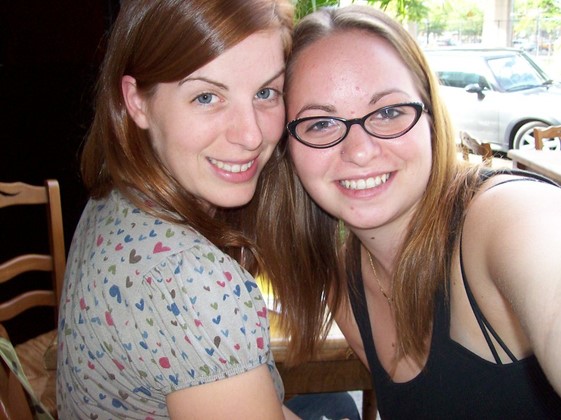Faux Jumeaux
Identical twins jokingly refer to fraternal twins as “second-class twins.” In French, they are called faux jumeaux, which translates as “fake twins.” A video clip about the Twins Days Festival in Twinsburg jokes that fraternal twins are illegitimate participants in the festival. Comedic allusions aside, fraternal twins face unique challenges. Their issues primarily arise from their blatant differences, whereas identical twins often suffer because of their similarities.
I was recently reminded about the effects of distinct differences by a pair of fraternal twin sisters in their early twenties. Their mom contacted me following a harrowing fight between her daughters. The mom described a history of clashes and controversies dating back to a very young age. Since one of the girls had a medical condition when she was younger, the other twin often felt abandoned and alone when the mother was tending to her sister.
I had a few conjoint sessions with the girls and learned what seems to be at the heart of their ill will toward one another. The girls are so different in appearance and personality that a stranger would probably not realize they are twins. They embody the adage that twins are two separate people who happen to be born at the same time. Unlike identical twin pairs, fraternal twins can appear more like different-age siblings because they only share approximately 50 percent of their DNA.
Both nature and nurture account for the difficulties between these sisters. The twin who felt abandoned by her mom during her early years describes herself as having been a very angry child who bullied others to get attention. Her sister relates that she felt victimized by her sister’s mean behavior both then and now. They have diametrically opposite personalities. The young woman who feels victimized by her sister is very rule driven, organized, and rigid. On the other hand, her twin is free spirited, spontaneous, and outspoken. Each views the other’s communication style as hurtful, insensitive, and critical.
We have all heard the saying that we can choose our friends, but we can’t choose our family. On the surface, these young women would likely not be friends with one another if they weren’t siblings. Nonetheless, I believe their willingness to be open and honest with their feelings in the therapeutic milieu attests to a mature desire to be part of each other’s lives. Both are able to share the hurts and humiliations they suffered at the hands of the other. They appear to want to accept one another, let go of their power struggles, and gain a deeper understanding of their feelings so they can stop reenacting old conflicts.
Delineating their differences to encourage compromise rather than conflict is key. Hopefully, the strengthening of their twin and sisterly bond will eventually encourage a more forgiving attitude that will portend a healthier future for their connection.
Image courtesy of madame.furie (CC BY-SA 2.0)


